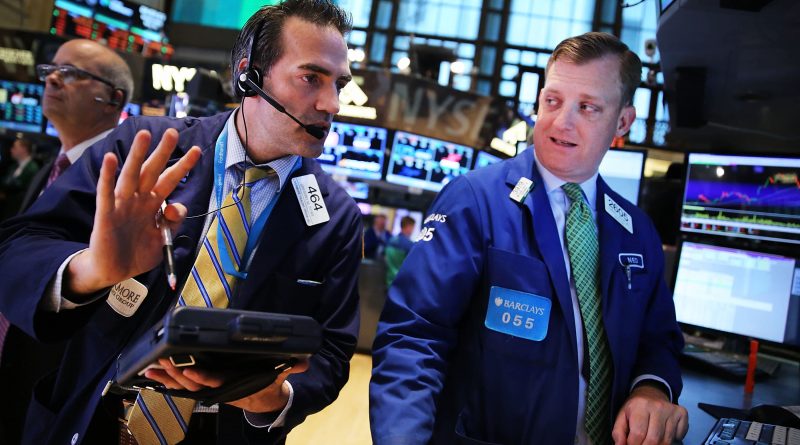
Stocks sit near all-time highs and the U.S. economy is chugging along again. This could be as good as it gets on Wall Street.
Amanda Agati, chief investment officer at PNC Financial Services Group, says the signs point to “peak growth” right now.
“We’re seeing it in a number of economic indicators that we continue to track,” Agati told CNBC’s “Trading Nation” on Friday.
She lists four reasons why. The first, inflation – producer prices in August rose by 8.3% on a year-over-year basis, a record annual increase. Agati says this red-hot pace will likely prove transitory, but rising prices are here to stay.
Agati also points to economic data such as GDP growth and manufacturing numbers which could be revised lower; sentiment indicators such as the University of Michigan consumer sentiment index which has not returned to pre-pandemic levels; and earnings growth estimates which may also be rerated.
“When we look at all of these together, they’re all converging around this similar theme of at peak or near peak or passing the peak in terms of growth,” Agati said.
This does not mean there is reason to panic nor does it warrant major changes to how investors allocate funds, though, she says.
“It really is more of a ‘slow your roll’ environment in that we have been on such a torrid pace in terms of this market rally off the bottoms of the pandemic last year,” she said. “This is much more of a resetting of investor expectations about what the path forward may hold.”
Since hitting a pandemic low in March 2020, the S&P 500 has surged 104%. It sits less than 2% from records hit earlier this month. The benchmark index also trades at 21 times forward earnings, rebounding from a 13 times forward multiple seen 18 months ago.
“It’s just trying to be really realistic about how far and how fast the market has rallied and how extended valuations really are across the board, leaving fairly little headroom in the short run here for the market to keep forging this path higher,” she said.
Investors should also be on the lookout for a potential “textbook correction” where stocks pull back at least 10%, she adds, which would be “natural healthy market functioning and behavior.”





























